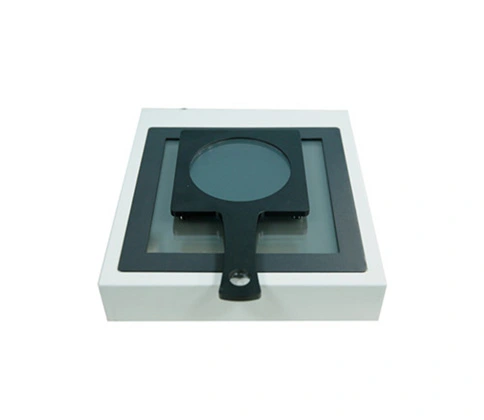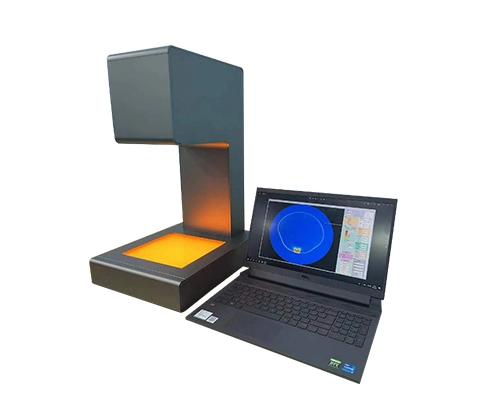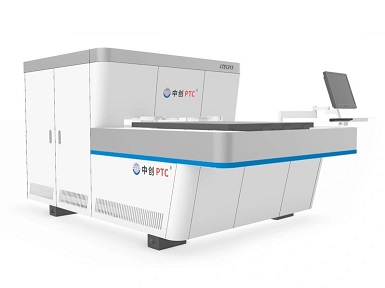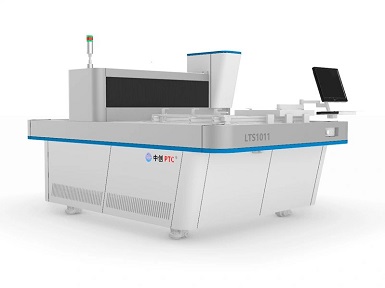Birefringence: The phenomenon where a material splits a light wave into two rays, each traveling at different velocities, resulting in double refraction.
A polariscope is a widely utilized instrument in stress testing that employs polarized light to examine residual stress presence within transparent materials. Depending on its specific function, a polariscope can be categorized into two types: a strain viewer and a polarimeter. The polariscope is designed to offer real-time, non-destructive stress detection. Some advanced polariscopes are capable of providing clear images and precise stress measurement data, making it an invaluable tool for ensuring material strength, integrity and performance.

 EN
EN
 ko
ko  fr
fr  de
de  es
es  it
it  ru
ru  pt
pt  ar
ar  hi
hi  jw
jw  zh-CN
zh-CN





